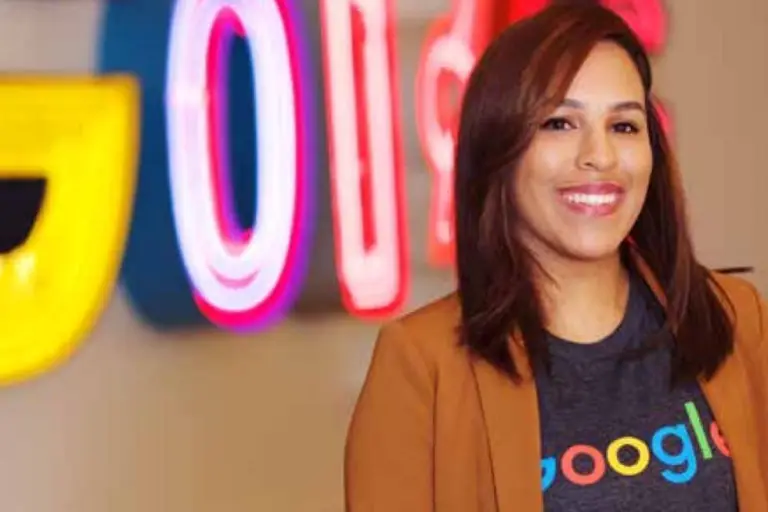Google’s $50M Racial Bias Settlement Isn’t Justice. It’s a Wake-Up Call.
“This Is Not Justice—It’s a Warning Shot”

Curley, who was hired to grow Google’s outreach to historically Black colleges, stated that Google stereotyped her as an “angry” Black woman, denied her promotions, and dismissed her after six years as she started building a report on its alleged racial bias.
By Omari Bakari
President, Blacks in Technology – Los Angeles Chapter
In May 2025—ironically, the same month we honor the birthday of Malcolm X—Google agreed to a $50 million settlement in a class-action lawsuit brought by more than 4,000 Black employees in California and New York. While the company denies any wrongdoing, the facts outlined in the suit—initiated by former Google diversity recruiter April Curley—are hard to ignore.
According to the lawsuit, Black workers were systematically funneled into lower-level roles, paid less, denied promotions, and evaluated unfairly. Curley, who was hired specifically to grow Google’s outreach to historically Black colleges and universities (HBCUs), said she was repeatedly stereotyped, labeled an “angry Black woman,” and ultimately fired after attempting to document internal patterns of racial bias.
Google’s public response? A financial settlement with no admission of guilt.
Let’s be clear: this is not justice. This is a warning shot—not just to Google, but to an entire industry that has for too long relied on surface-level diversity initiatives while actively excluding Black professionals from power, pay, and opportunity.
As the president of the Los Angeles chapter of Blacks in Technology (BiT), I’ve heard stories like Curley’s time and time again. Talented, driven Black engineers, product managers, and designers enter tech companies full of hope—only to find themselves sidelined, misjudged, and eventually pushed out. Many are told they’re “not a culture fit,” or worse, that they’re not “Googley enough,” a euphemism that often serves as a gatekeeping tool to uphold white, male norms.
This settlement follows another $28 million agreement earlier this year, in which Google faced allegations of favoring white and Asian employees in pay and promotions. Together, these cases illustrate a troubling pattern that transcends one company: Black tech workers are systemically undervalued, underpromoted, and overexploited.
While Google’s DEI reports point to incremental progress—Black employees made up just 4.4% of its workforce and 3% of leadership in 2021—those numbers only tell part of the story. The reality is that representation without retention, advancement, or respect is tokenism. And diversity without equity is performative.
Malcolm X once said, “You can’t have capitalism without racism.” That truth still rings loudly today—especially in Silicon Valley, where innovation is too often built on exclusion.
We at BiT LA are not simply pointing fingers. We are calling for action—measurable, systemic, and long overdue. Here’s what tech companies must do if they are serious about equity:
- Make hiring and promotion data public. Transparency is non-negotiable. Companies should publish annual demographic breakdowns, pay equity audits, and promotion rates across all levels.
- Go beyond recruitment. Outreach to HBCUs and Black-led organizations is great, but it must be followed by mentorship, career development, and leadership pipelines that empower Black employees to thrive—not just survive.
- Submit to independent oversight. DEI cannot be self-policed. Tech companies need external audits and enforceable accountability structures.
- Invest in long-term reparative change. Funding Black tech entrepreneurship, K–12 STEM education, and workforce development—especially through community-rooted groups like ours—is essential for building a truly inclusive innovation economy.
This isn’t about inclusion anymore. It’s about removing the barriers of exclusion.
Too often, the burden of proof is placed on Black employees to justify our value. Too often, our concerns are dismissed as isolated grievances instead of symptoms of structural inequity. Settlements like this one are important, but they cannot become the end of the story. They must become the start of real, systemic transformation.
To the tech industry: Stop asking how to “include” us. We are already here. The better question is—why do you keep shutting the door?
Omari Bakari is the President of the Los Angeles Chapter of Blacks in Technology, a national organization dedicated to increasing the representation and advancement of Black professionals in tech.


